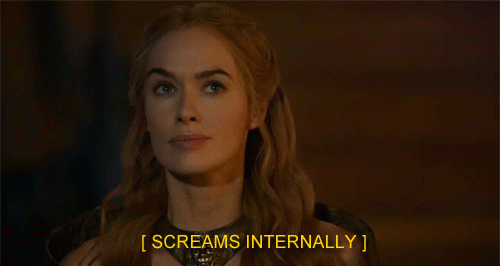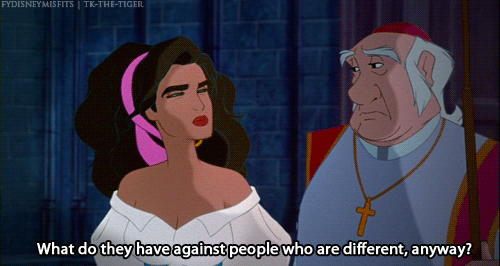Where there is kindness, there is goodness. And where there is goodness, there is magic.
- Cinderella, 2015
As children we're taught to be kind. To do unto others, follow the Golden Rule, et cetera.
And for some reason, I still believe in those childhood lessons. I've had too many moments in my life where I wasn't treated kindly - rejection by my peers, ignorance of teachers who favored the popular kids, out-of-control anger by people I was supposed to trust - to not believe in kindness.
I can't forget those moments, even though I desperately wish I could. But, because of those haunted memories, I can remember to show others what I wasn't given: kindness, mercy, acceptance.
Which is why I shudder almost every time I log onto Twitter or Facebook.
Yes, this is another discussion on public shaming and outcry. But please hear me out.
There is verbal abuse being committed in the name of justice. There is backbiting, judging and gossip. That is not justice.
No one who screwed up has ever changed because someone badgered them into it.
No one who screwed up has ever changed after being scapegoated and mocked by people who don't know them.
Maybe, instead of publicly calling out an individual and assuming their motives are hateful, maybe we should engage them in conversation, if we are able. There's no reason we can't be kind and firm and bold and even funny all at once.
Because maybe they were having a terrible day and just slipped up. Maybe they're just ignorant or maybe they're mentally ill. Maybe they are suffering already and don't need your warrior outcry. Maybe they need a conversation or kindness. Maybe they want to learn - or maybe they don't.
Or: maybe they are just a terrible, abusive, bigoted person.
That shouldn't change our behavior. That shouldn't mean we can be cruel, rejoice in their downfall, shame them into change. That shouldn't mean writing passive-aggressive blog posts.
Because if we want justice, it starts with us. We should look at our micro aggressions and bigotry - I'm going to guess we all probably have them, especially if we are white, straight, and/or male. We should listen to those without our privilege...and realize that somewhere along the line, we're going to screw up big time, too.
We should look at how we treat others. We must be kind.
Please.
Love,
Kelley
- Cinderella, 2015
As children we're taught to be kind. To do unto others, follow the Golden Rule, et cetera.
And for some reason, I still believe in those childhood lessons. I've had too many moments in my life where I wasn't treated kindly - rejection by my peers, ignorance of teachers who favored the popular kids, out-of-control anger by people I was supposed to trust - to not believe in kindness.
I can't forget those moments, even though I desperately wish I could. But, because of those haunted memories, I can remember to show others what I wasn't given: kindness, mercy, acceptance.
Which is why I shudder almost every time I log onto Twitter or Facebook.
Yes, this is another discussion on public shaming and outcry. But please hear me out.
There is verbal abuse being committed in the name of justice. There is backbiting, judging and gossip. That is not justice.
No one who screwed up has ever changed because someone badgered them into it.
No one who screwed up has ever changed after being scapegoated and mocked by people who don't know them.
Maybe, instead of publicly calling out an individual and assuming their motives are hateful, maybe we should engage them in conversation, if we are able. There's no reason we can't be kind and firm and bold and even funny all at once.
Because maybe they were having a terrible day and just slipped up. Maybe they're just ignorant or maybe they're mentally ill. Maybe they are suffering already and don't need your warrior outcry. Maybe they need a conversation or kindness. Maybe they want to learn - or maybe they don't.
Or: maybe they are just a terrible, abusive, bigoted person.
That shouldn't change our behavior. That shouldn't mean we can be cruel, rejoice in their downfall, shame them into change. That shouldn't mean writing passive-aggressive blog posts.
Because if we want justice, it starts with us. We should look at our micro aggressions and bigotry - I'm going to guess we all probably have them, especially if we are white, straight, and/or male. We should listen to those without our privilege...and realize that somewhere along the line, we're going to screw up big time, too.
We should look at how we treat others. We must be kind.
Please.
Love,
Kelley





